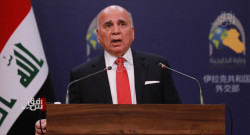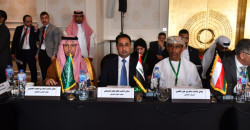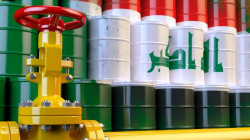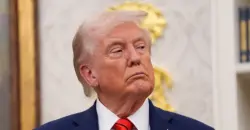Trade and investment boost: Financial adviser cites US message to Iraq
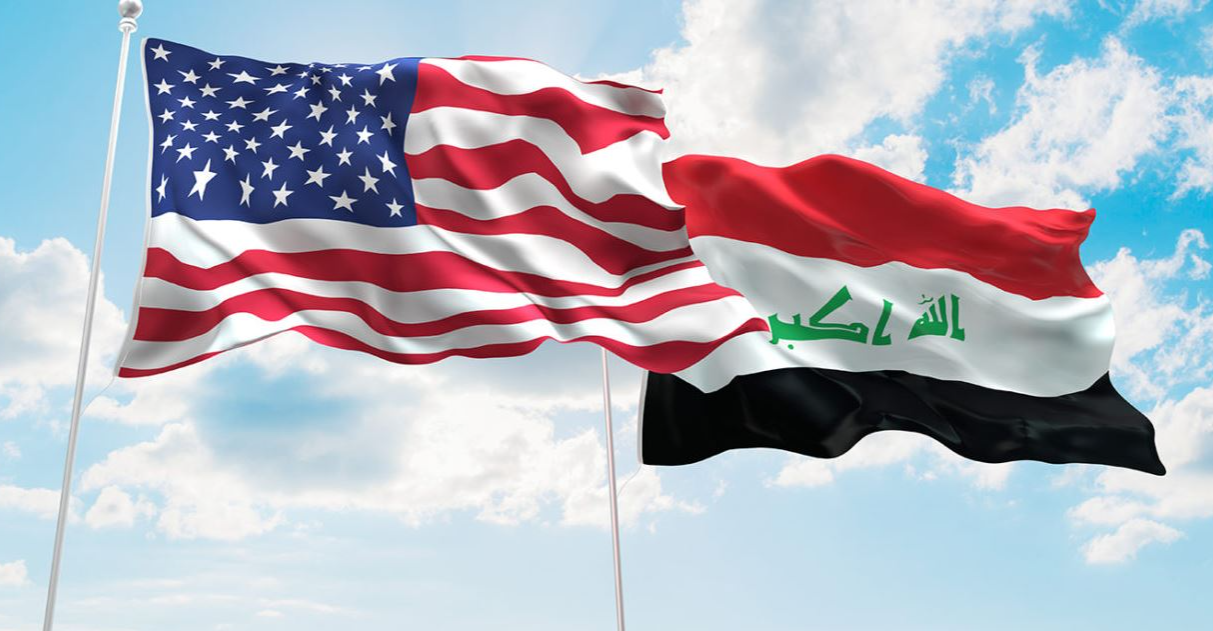
Shafaq News – Baghdad
The recent message from US President Donald Trump to the Iraqi government, on Wednesday, signals a potential expansion of trade and investment ties, according to Mudhhir Mohammed Saleh, Iraq’s financial adviser to the Prime Minister.
Saleh responded to the US administration’s announcement, imposing a 30% tariff on imports from Iraq, Algeria, and Libya. While details on implementation remain unclear, he indicated the practical impact on Iraq would likely be limited.
Speaking to Shafaq News, Saleh emphasized that the message underlined the long-term strategic relationship between the two countries, particularly within the framework of the 2008 Strategic Framework Agreement, which governs cooperation across sectors such as trade, defense, and education.
“Iraq’s exports to the United States consist almost entirely of crude oil — around 200,000 barrels per day, generating approximately $4.5 billion annually,” he explained, highlighting that these oil shipments are already exempt from tariffs. "Iraq has no significant non-oil exports to the US that would justify or be affected by such measures."
In contrast, Iraq imports roughly $1.5 billion worth of American goods and services annually, including engineering and electrical equipment, spare parts, civil aircraft, digital technology, advanced logistics, vehicles, and agricultural products.
Though modest in volume, Saleh stressed the strategic importance of these imports, framing the White House message “not as a punitive move but as an invitation to deepen economic engagement.”
The message, he interpreted, proposes boosting trade by encouraging high-quality imports, particularly in renewable energy, information technology, and advanced goods. “This aligns with Iraq’s broader strategy to diversify its economy and reduce reliance on oil revenues,” he clarified.
Saleh also pointed to Iraq’s investment of nearly half its foreign reserves in US Treasury bonds, underscoring the strength of bilateral financial ties.
“This is more than an investment decision,” he remarked, concluding that “It reflects mutual trust and forms a cornerstone for managing financial relations, supporting Iraq’s economic stability and resource development."
